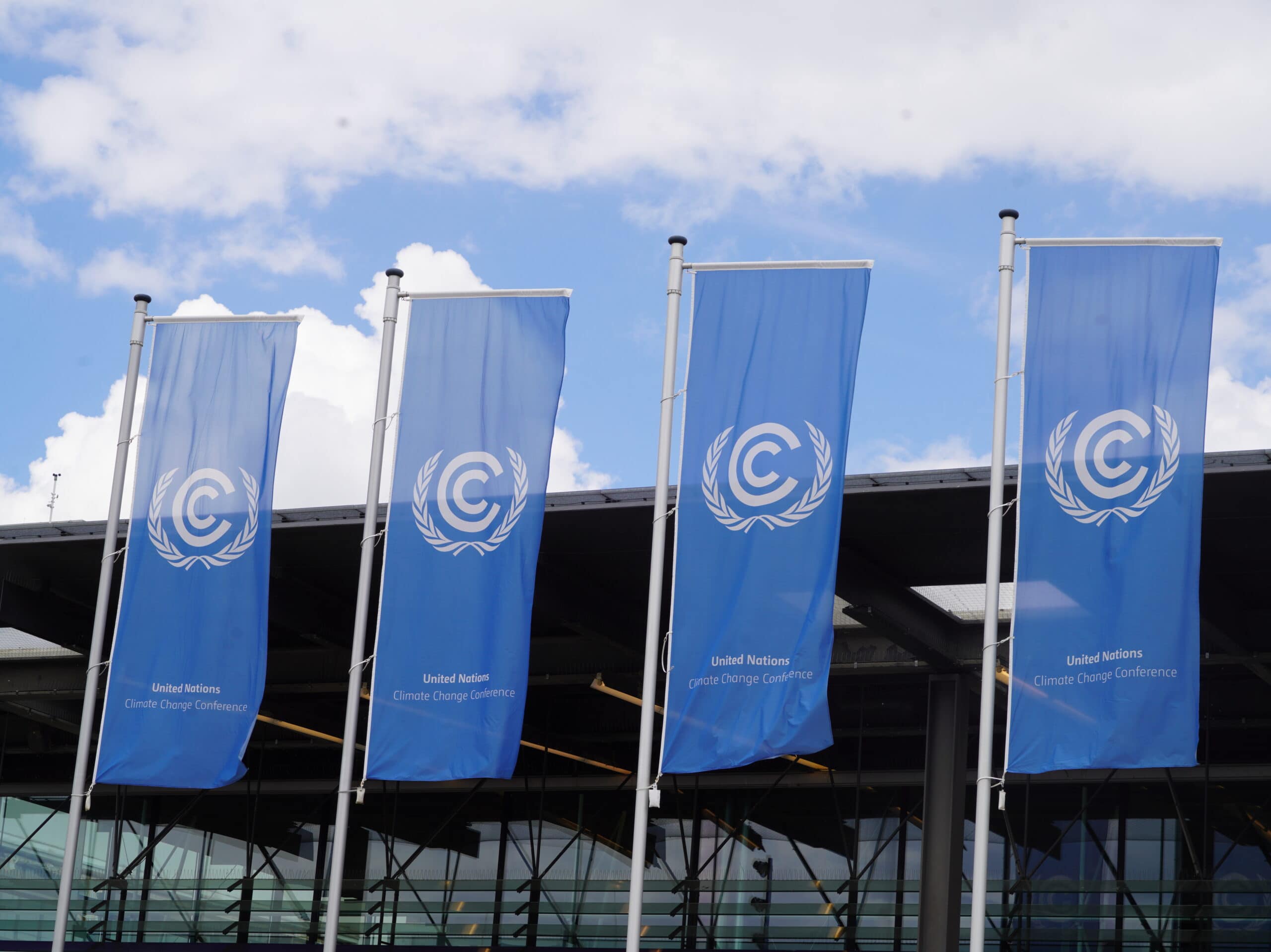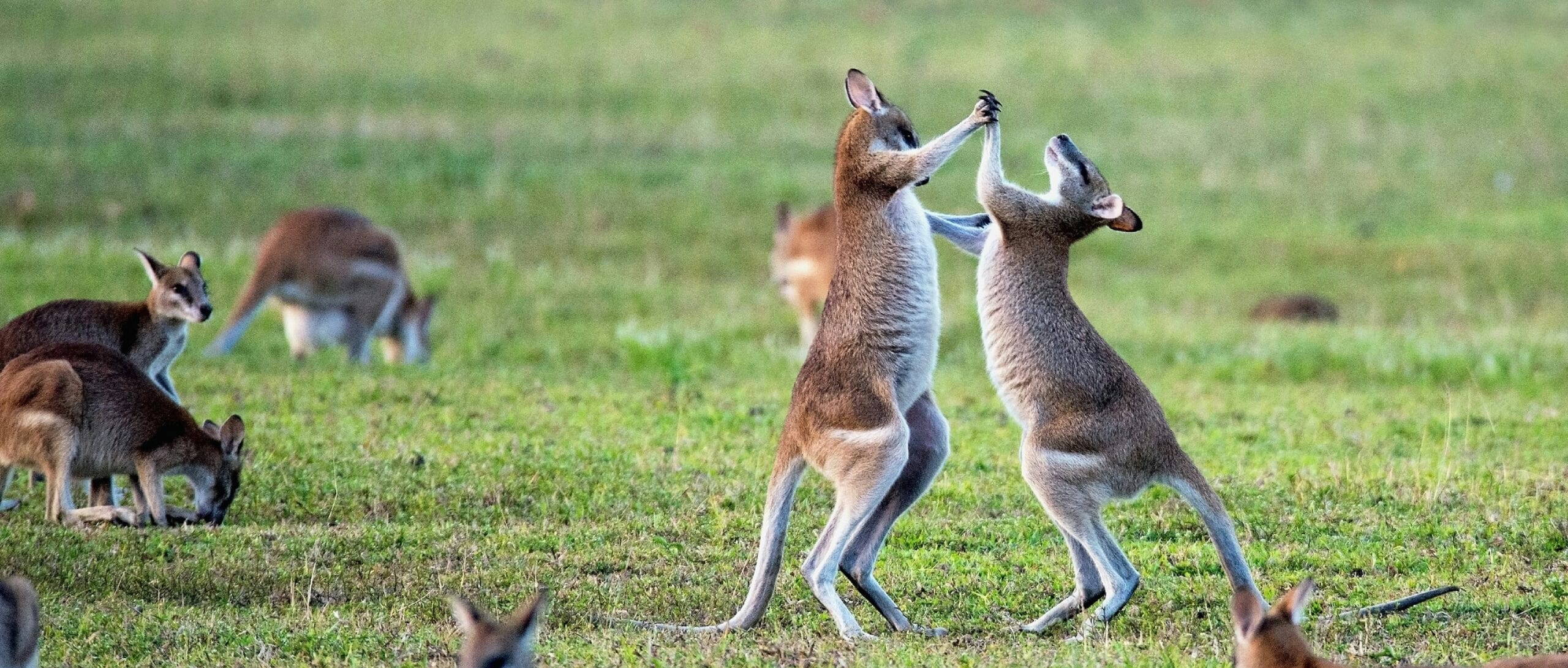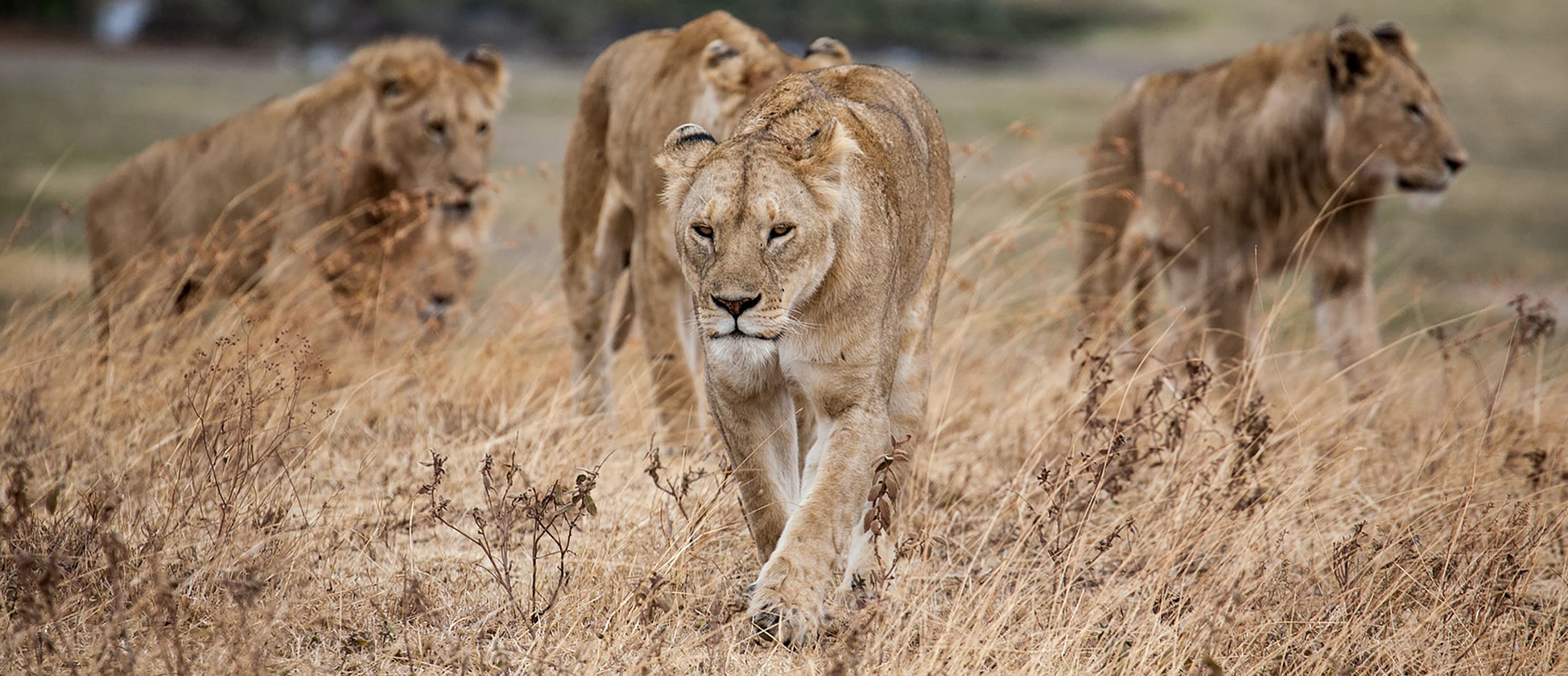Dear Ministers at the 15th meeting of the Conference of the Parties to the UN Convention on Biological Diversity,
The future of life on Earth depends on you. The Post-2020 Global Biodiversity Framework (GBF) must be ambitious and transformative in order to mark a turning point from the destructive past and the “business as usual” approach. We cannot afford to roll back on the ambition of the Aichi targets on the basis that they haven’t been fulfilled. It is time to ensure a truly sustainable and humane world for all forms of life.
Your decisions can make a real, long-lasting impact, ensuring that we move towards a world where biodiversity is protected for the health and well-being of present and future generations.
The Framework must focus on mainstreaming biodiversity, facilitating a whole-of government and whole-of-society approach to wildlife protection. The associated monitoring framework must ensure that governments can be held to account for the Framework’s implementation. The resource mobilisation package must be sufficient and equitable to guarantee that resources trickle down to those most dependent on biodiversity.
We specifically ask you to:
1. Ensure the GBF adopts and enables the One Health approach with strengthened language in the introductory section B.bis of the Framework
We need a holistic approach to protecting our health and well-being. The GBF should fully adopt and enable the effective implementation of a biodiversity-inclusive One Health approach as endorsed by the Quadripartite (WHO, WOAH, FAO and UNEP). While the WHO-led pandemic instrument is in development, the CBD must recognise its responsibility to address health-related risks from wildlife exploitation and other biodiversity-related risk factors. As recognised in the draft Global Action Plan on Biodiversity & Health developed under one of the CBD’s main subsidiary bodies, “a One Health transition can play a critical and catalytic role in reducing the loss and degradation of biodiversity, restoring healthy ecosystems, enhancing the health, well-being and livelihood of all living beings, including humans, animals and plants, and preventing future pandemics.” While we believe One Health deserves to be fully integrated as a standalone target, we understand negotiating Parties could not agree to this. Thus, we urge you to support the integration of this crucial concept through the incorporation of really ambitious language in the GBF’s horizontal sections.
2. Include the reference on ‘pathogen spillover’ in Target 5
The reference to ‘preventing pathogen spillover’ is currently bracketed in the draft Framework. It is essential that this reference is maintained in target 5. This target aims to eliminate threats to wildlife from exploitation and unsustainable use, which are recognised as key drivers of biodiversity loss. Wildlife harvesting, trade, markets, and consumption open the potential for pathogens to spillover to other animals and humans, with the associated risk of zoonotic epidemic or pandemic emergence. We need to ensure all trade and use of wildlife is ecologically sustainable, legal, and safe for animal and human health and well-being, focusing on preventing pathogen emergence, proliferation, and spillover.
3. Delete any reference to ‘trophy hunting’ or ‘conservation hunting’ in Target 9
Target 9 aims to ensure ecologically sustainable use and management of species against their overexploitation. The GBF itself is aimed at better protecting wildlife species. The mention of this specific practice sends a negative message to the world at a time when protective measures are needed. Trophy hunting is not applicable to the majority of the CBD parties, many of which do not allow the practice. Its reference, therefore, is inappropriate in a globally-intended Framework. In addition, the Global Biodiversity Framework is intended to be precisely this: a framework. Thus the specific inclusion and, in this case, endorsement of such narrow sectoral interests is highly problematic.
In the 2020 CBD report on the GBF targets related to the sustainable use of biological diversity, we assert that the GBF “should ban all inessential uses of wildlife, including recreational hunting and trophy hunting“. Trophy hunting is not consistent with the aim of this target in ensuring sustainable use. It has a long history as a direct driver of wildlife exploitation, typically provides few benefits to local communities, and has not demonstrated a consistently positive contribution to conservation. References to trophy hunting should be removed from the GBF. This is also in line with an earlier call by this year, 136 conservation and animal protection organisations worldwide, including 45 NGOs from African countries. In it, NGOs elaborated on the joint opposition to trophy hunting and the associated trade in trophies, asserting that “killing to conserve” is neither an ethical nor a sustainable approach to wildlife conservation.
Finally, selected Parties have suggested introducing the term “conservation hunting”. This is not a term with any consensus definition, neither amongst conservation experts nor Member States. It is, therefore, untransparent and risky to replace “trophy hunting” with an undefined and potentially misleading term like “conservation hunting”, which could have the perverse effect of promoting unsustainable forms of hunting that trophy hunters label ‘conservation hunting’. It could also set a concerning precedent that may influence other policy processes related to biodiversity conservation.
Thank you,
WFA, on behalf of its 50 member organisations, and in close collaboration with Born Free Foundation, Animal People, Animal Protection Denmark, Code Animal, Compassion in World Farming, David Shepherd Wildlife Foundation, Foundation Franz Weber, FOUR PAWS, Eurogroup for Animals, Green REV Institute, International Animal Rescue, Ippothesis, Pan African Sanctuary Alliance, Proyecto ALA, Royal Society for the Prevention of Cruelty to Animals, and World Animal Protection.





